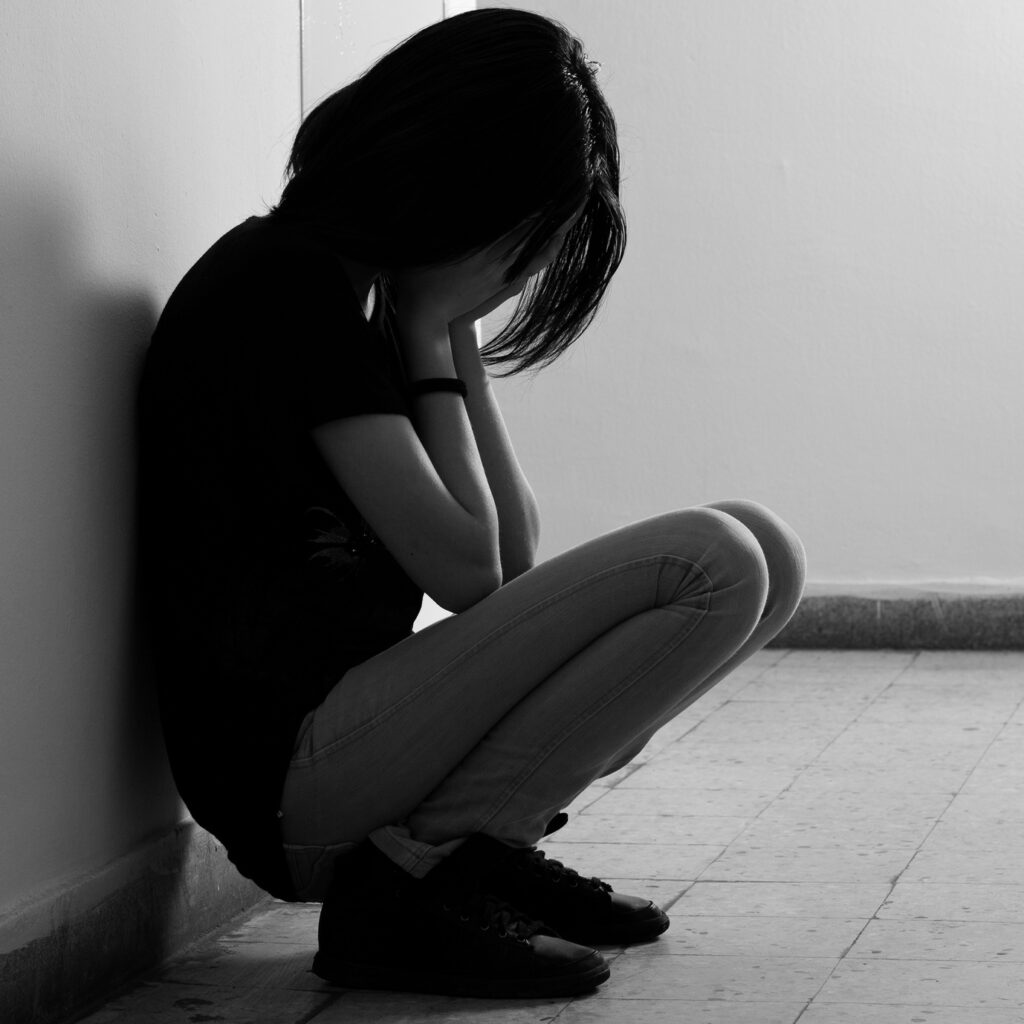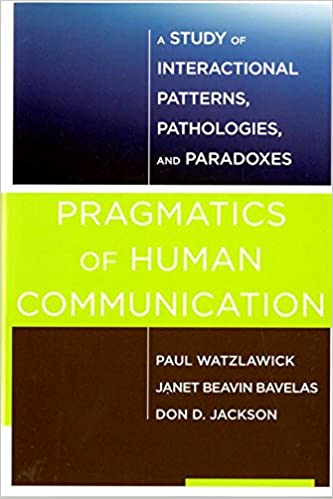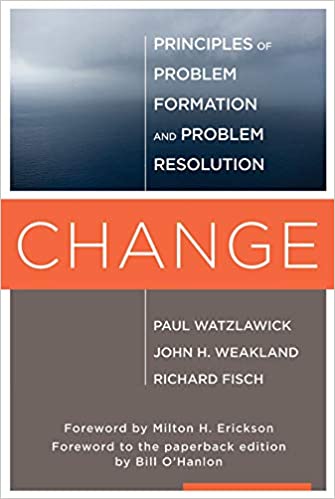It might be true that some people use crime in the black community as a way to deflect from the problem of police misconduct. However, that is not the case overall, and if we reason through the accusation, we can find a better explanation.
Many years ago, while I served as director of a Catholic ministry in the inner city, I met a lady who became a friend, member of our mission church, and volunteer. A black woman with a drug problem, she knew well the rough life and the subculture informing life in the projects. She was a fighter who tried her best to raise five children, conquer the demons of addiction, and provide a better life for her family. She was intelligent and kind.

I had nothing but respect for her in spite of the difficulties she still struggled with and the periods when she disappeared into the shadows of the drug underworld. Once she told me, “Mr. Hernandez, if I need people to go and beat up someone, I get a truckload of people in a matter of minutes. But if I really need help with something else, no one responds.”
I never forgot her wisdom, borne out of searing experience and wounds that were hard to heal. It prompts me to reflect on the great difference between activity and activism. Activism is a double-edged sword. It can appeal to our sense of justice but also to the raw emotions and appetites of our base nature–desires for revenge, grievance, and payback. Dr. Martin Luther King’s activism was redemptive; it was in effect activity—mobilization based on a courageous sense of integrity and righteousness. It was not empty, ideologized, or nihilistic.
But there is another edge, one that risks tumbling into the abyss of empty existence. A common fallacy of empty activism is that if it challenges something bad, it must of necessity be good. Empty activism brings about no change at all in the overall patterns of human existence that needs change. It invites passivity in the areas where real change is needed but that passivity is hidden under a thin veneer of effervescent and angry energetic movement.

What can be observed in the quest for “systemic change” informing the Black Lives Matter movement is a deafness to the need of self-examination. If we are victims of forces outside of our control, blaming the victim is a distraction from the real quest for justice and liberation from the forces out there that prevent our emancipation—that is the reason for seeing crime in the community as detracting from the “real” issue, police brutality. In that universe, even police brutality is but an epiphenomenon of forces even less within our control, the dialectical forces of history. The group demanding systemic change cannot see the need for its own systemic reevaluation. Crime in the community is given faint recognition but, as the system cannot recognize an internal defect, it can run through every possible internal change without effecting second order change. It is thus trapped in what psychologists call a Game Without End.[1] The system is so self-enclosed and comprehensive that it cannot generate change from within itself because it is unable to produce the rules needed to escape. Reform of the system being challenged is meta to the challenging system because it implies that the system being challenge is an organism capable of self-correction and the possibility of internal problems within the challenging system—blaming the victim. Second-order change is needed in “them” not in “us.” Within our system there is only invariance, definitive answers, no need for a quantum leap or illumination.
A change to an altogether different state, a second-order change, occurs with activity. Activity places the person, unique and unrepeatable, at the center of the action, as a subject of moral self-realization capable of human action. Again, I remember my friend. Eventually, she managed to keep at bay the demons of drug addiction—but only through an ongoing struggle. It is as if from the depths of her very being she found a strength whose source had to come from on high to shout, “My life is precious and I will fight for it!” She no longer saw the demons as unsurmountable obstacles, although she did not ignore them. But she was the protagonist of her life story, not scenery in a drama controlled by meta forces in history, by whites behind every tree, or by the magnanimity of others.
Activity heals; it renews the mind and the eyes so people can see a space of subjectivity and possibility, ever so small initially, but ever so true. The activity opens a path toward authentic human action and has a miraculous capacity to produce further action and instantiate progress. It is after all an expression of human exceptionalism. Made in the very image and likeness of God, we all have the capacity to be creative, to know the truth, and do the good. Only activity can bring about radical change, transcendental change, meaningful existence, and human flourishing.
Yet, those who decry the mention of crime in black America sincerely believe that the discussion is a distraction because it challenges the very essence of their ideological viewpoint. Police brutality is seen as deserving an entire national and international movement because it is a reflection of a system. Crime indeed changes the discussion and challenges the ideology. So much so that defunding police is seen as an alternative not because of well-developed theories of community safety but because it indicts the forces out there and affirms solutions within the system—the system is safe from looking in the mirror. We remain innocent and they are guilty.

Extremism is the result of such outlook. If we have already found the ultimate explanation for our condition, we need to actualize it, not waste time pondering. The resulting behavior is the utopian syndrome.[2] This extremism is projective, moralizing, and revolutionary. Its premises are more real than reality itself, as is the case with all utopias. This missionary impetus becomes nihilistic, as change is needed now. The cancel culture we observe among radicals is a clear sign of the utopian syndrome. Ironically, what is seen as revolutionary alters nothing meaningful—it remains pedestrian. At the same time, the plight of the racial victim is presented as unique, the affronts against the victim unprecedented, and any evidence to the contrary part of a system of oppression. There is simply no escape from the all-encompassing syndrome of victimization.
We can now see how pointing out the devastating reality of crime in the black community is going to be seen as an attack by people whose intentions must be evil. If they cannot see the systemically racist nature of America as the culprit, their blindness must be due to their ignorance or their malice. The need is for reframing. To reframe is to offer an alternative explanation or conceptual setting that fits the facts better than the competing framework, and then invite a leap of faith. If we are successful in changing the meaning of a given situation, people might have a momentary opportunity for second-order change—that is, to abandon the constraints of a given ideological framework. If the meaning and value of a situation is altered—an attempt that is not for the fainthearted—we might succeed in reifying a new understanding that allows us to look within ourselves and our communities and dare to place blame there.
To place blame within is not a call to create yet another closed system where we victimize ourselves by self-flagellation that might eventuate in despair. It is instead the opening of space for a balanced approach that challenges the ideological constructs now imprisoning our minds.
[1] Waltzlawick, Paul, et. Al. An Anthology of Human Communication: A Study of Interactional Patterns, Pathologies, and Paradoxes (New York: W.W. Norton, 1967) pp. 232-236.
[2] Waltzlawick, Paul, et. Al, Change: Principles of Problem Formation and Problem Resolution (New York: W.W. Norton, 1967) pp. 48-50.


